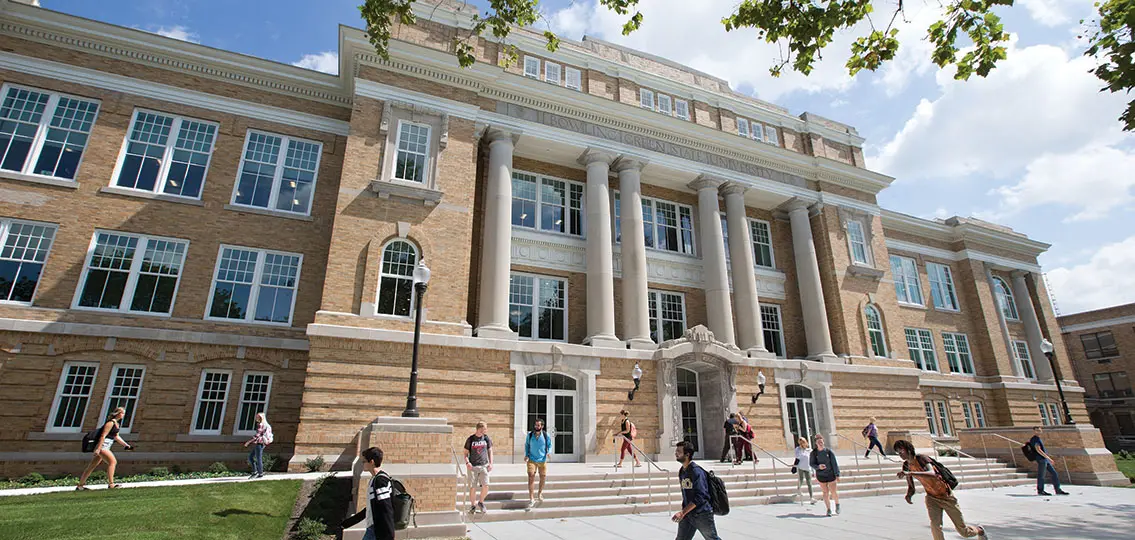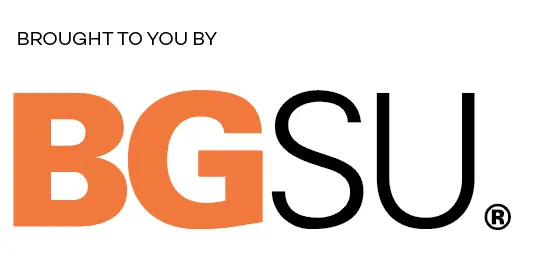When Lisa Wood’s twin sons, Andrew and Nathaniel, began their college search process, they learned about co-op programs and quickly began to zero in on them. Both boys were interested in engineering. Lisa knew that universities with co-op programs could give them a leg up when it came time to realize the ultimate goal: full-time employment after college.

Experiential Learning in College
Co-op programs are one form of experiential learning in college—hands-on learning outside the classroom—that colleges and universities may offer to help students make connections between a field of study and future employment opportunities. Many co-op opportunities are structured around engineering or technical degrees. But universities sometimes offer co-ops for other majors as well. Take Bowling Green State University, for example. Students in the College of Technology, Architecture and Applied Engineering need to complete a co-op as part of their degree. Other BGSU majors don’t require a co-op. But if a student wants to incorporate one, the career center will provide tools for the job search, explains Danielle Dimoff, Director of the Career Center at Bowling Green State University.
What is a Co-op?
Co-ops provide students with real-world job experience. Students apply their classroom learning to a semester of meaningful work with an employer in their field of study. The work is almost always paid—often well above minimum wage. And a student can gain valuable skills and experience, making them a more attractive candidate to employers.
Experiential learning at BGSU formally integrates students’ academic study with work experience in cooperating employer organizations,” says Dimoff. This not only gives students a safe way to explore a potential new career, but it also gives employers a chance to identify entry-level talent early on, which pays off for both parties.
How do Co-ops Work?
Students attend campus classes full time during their first year. Details may vary by school, but beginning sophomore year, they may alternate semesters of study with full-time work experience. This can be in business, industry, government, healthcare, or even finance. At BGSU, for example, co-op employers include Amazon, Adobe, Cisco, ProMedica, and JP Morgan, just to name a few.
Students may stay in the same city as their university. However, they may also relocate to another state or even abroad for their co-op. They typically receive a housing allowance in addition to their pay.
What Kind of Students Benefit from Co-ops?

For example, Andrew Wood’s co-op involved computer programming in a traditional office setting. “One of the things Andrew learned is that he did not want to be a cubicle-dweller,” says Lisa. After completing his co-op, Andrew decided to work at startups, which he found more stimulating.
Nate’s co-op, by contrast, involved working at a steel manufacturing plant, complete with hard hat and steel-toed boots. He loved the hands-on aspect of that work, which led him to seek out a lab position on campus that involved manufacturing with a 3-D printer.

One thing they both agreed on, says Lisa: “They loved earning money!” For students who need to contribute to their own tuition costs, this can be a big bonus. In addition, says Dimoff, “These opportunities can really help students enhance their skill set and expand their professional network.” Now that’s a winning formula for success.




